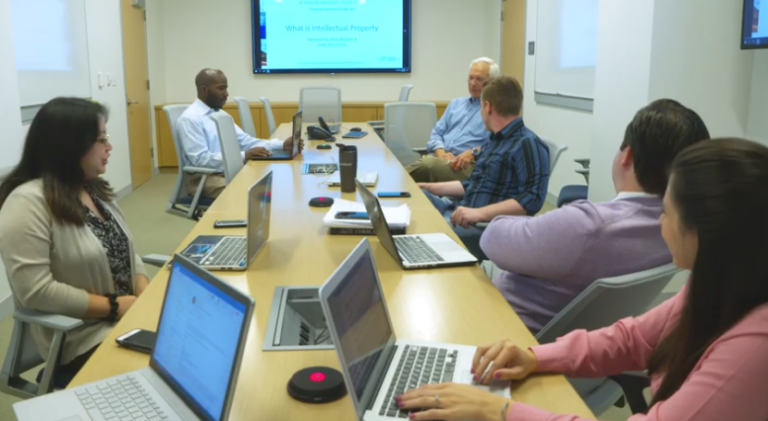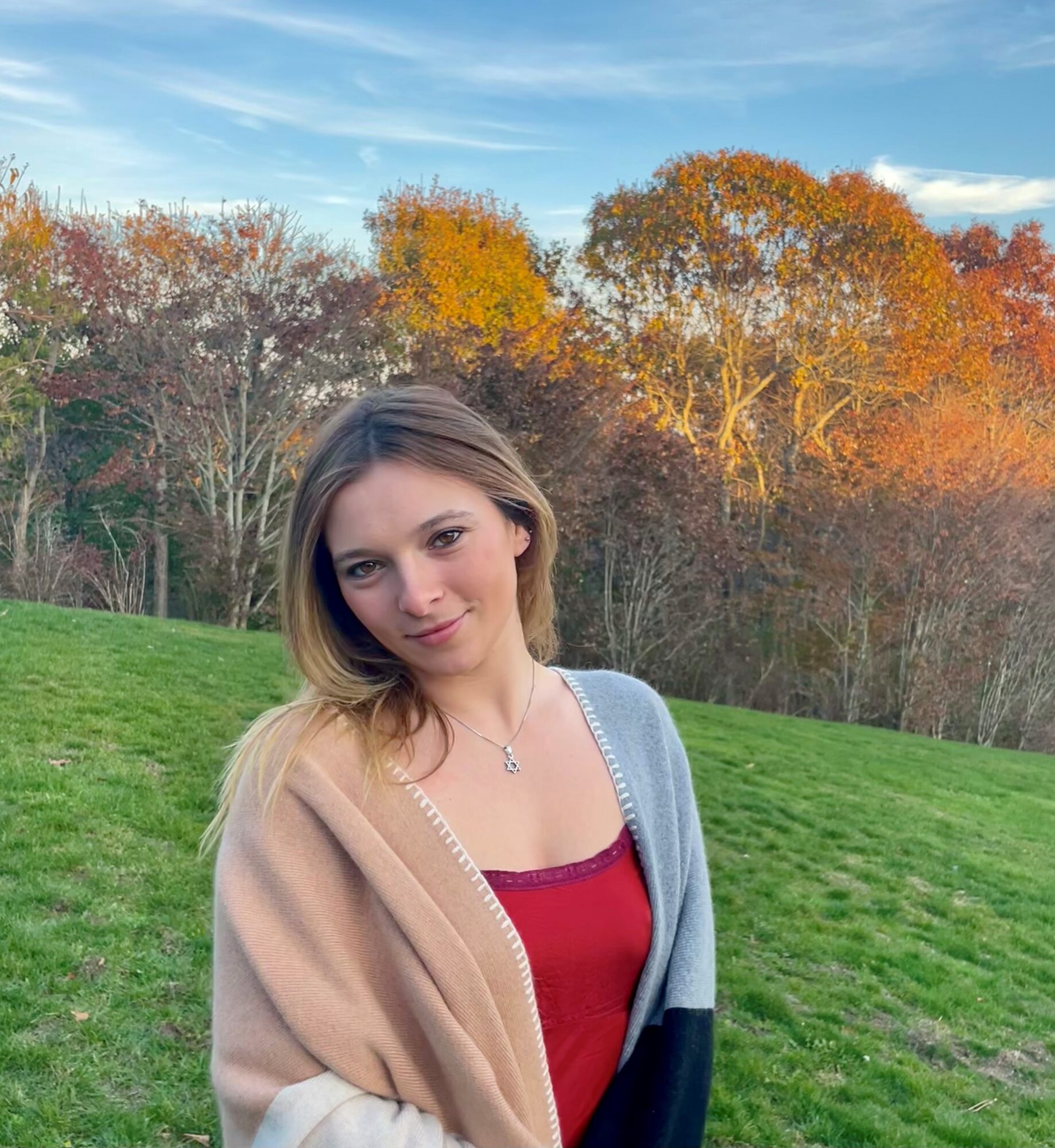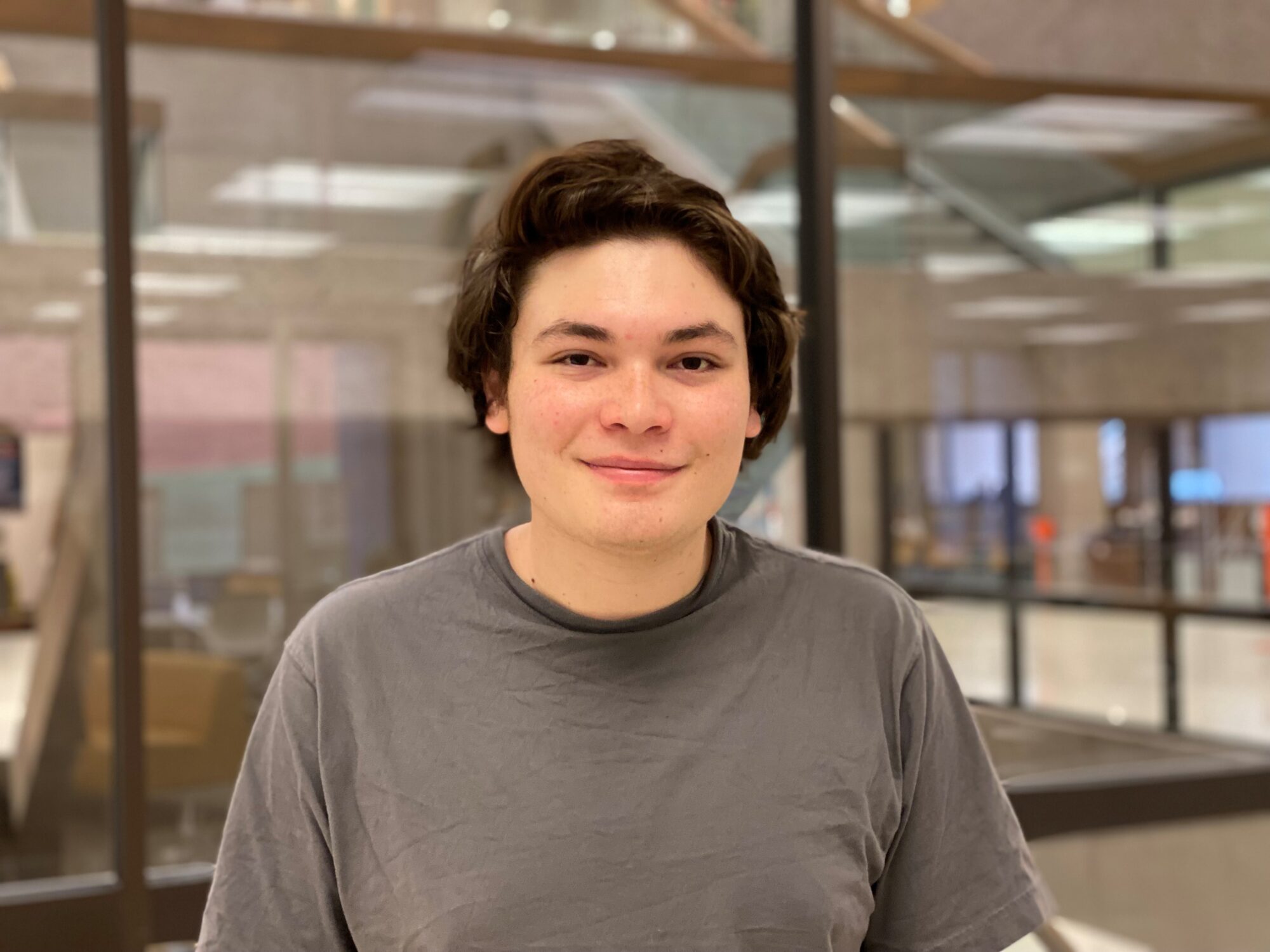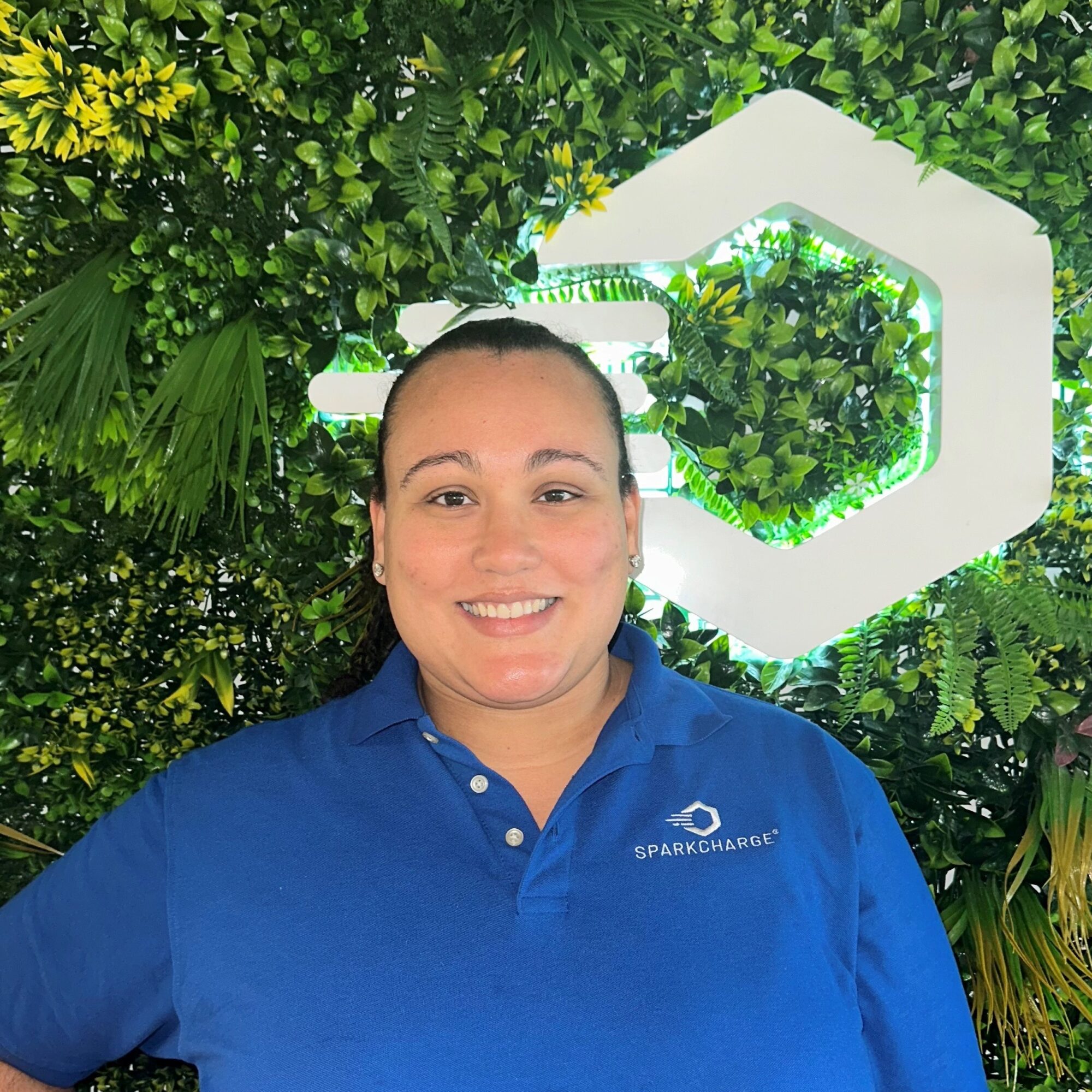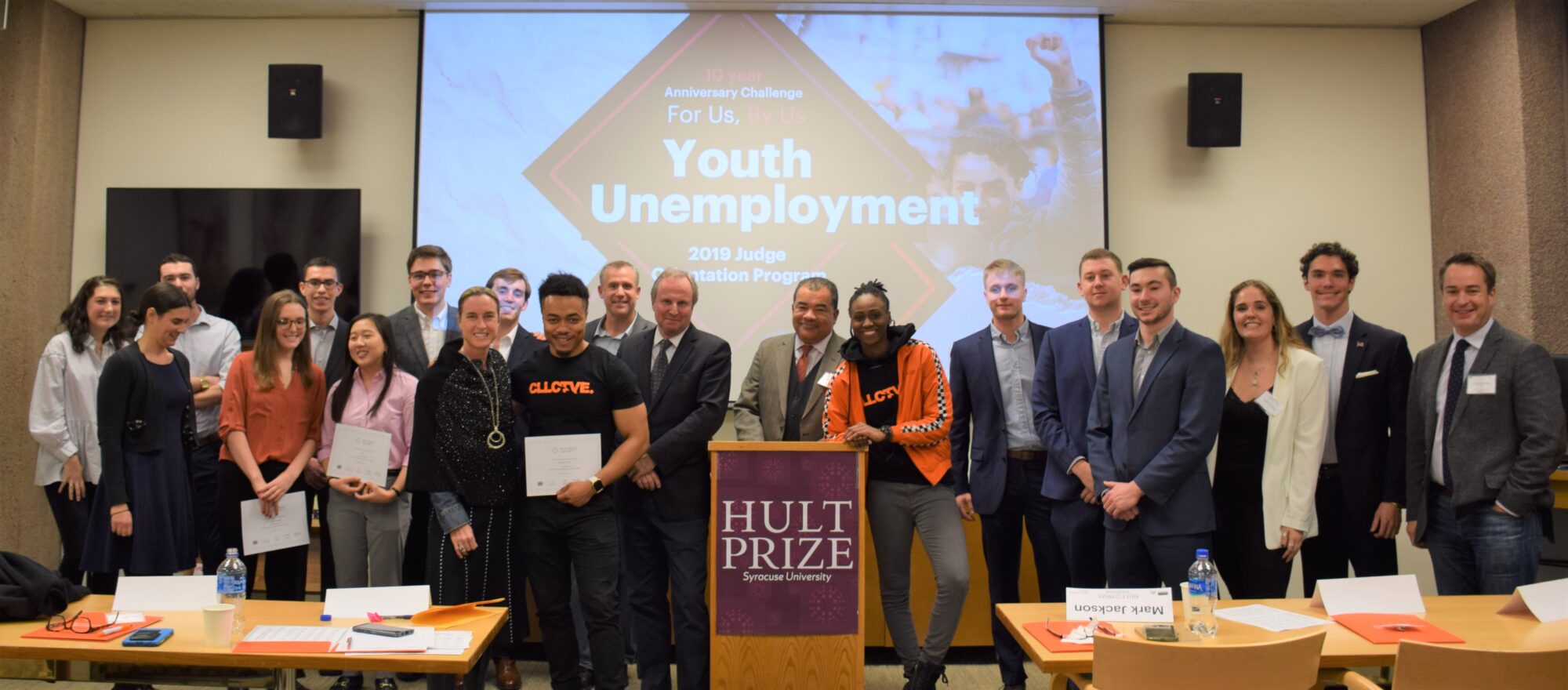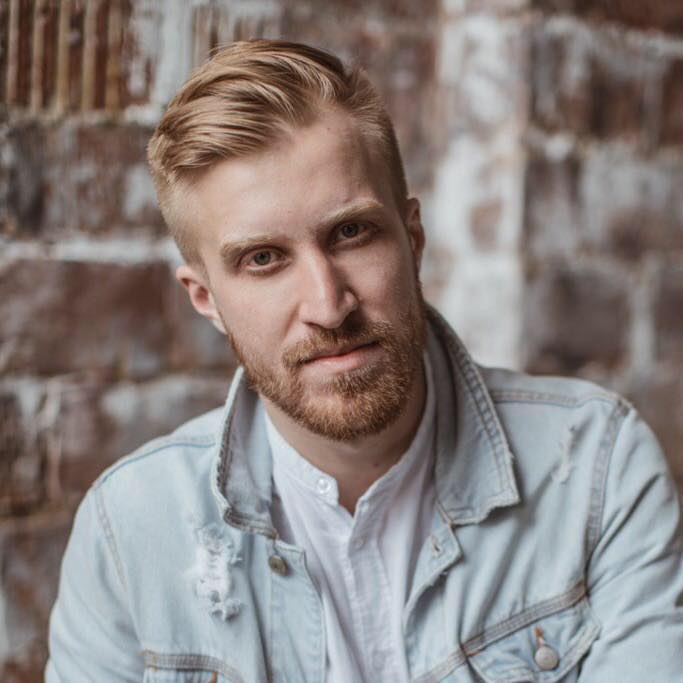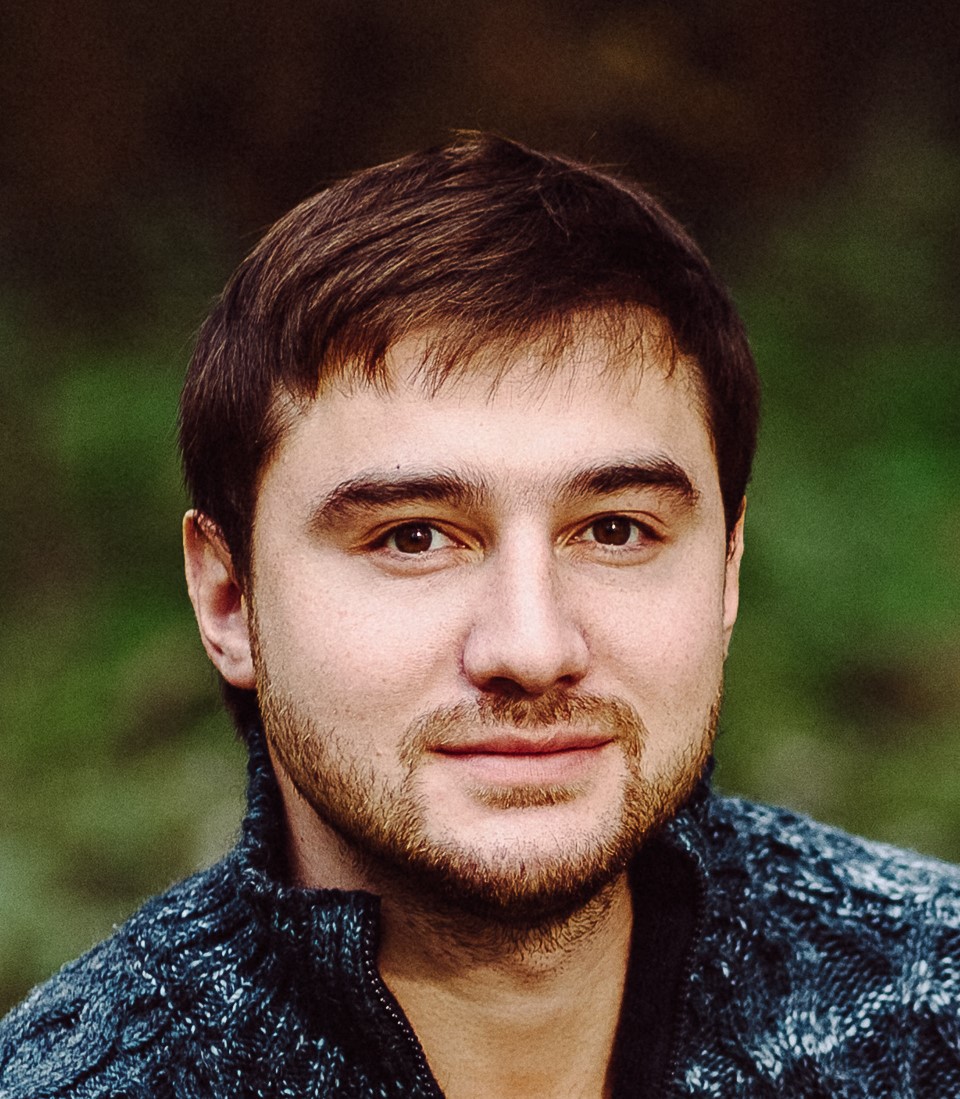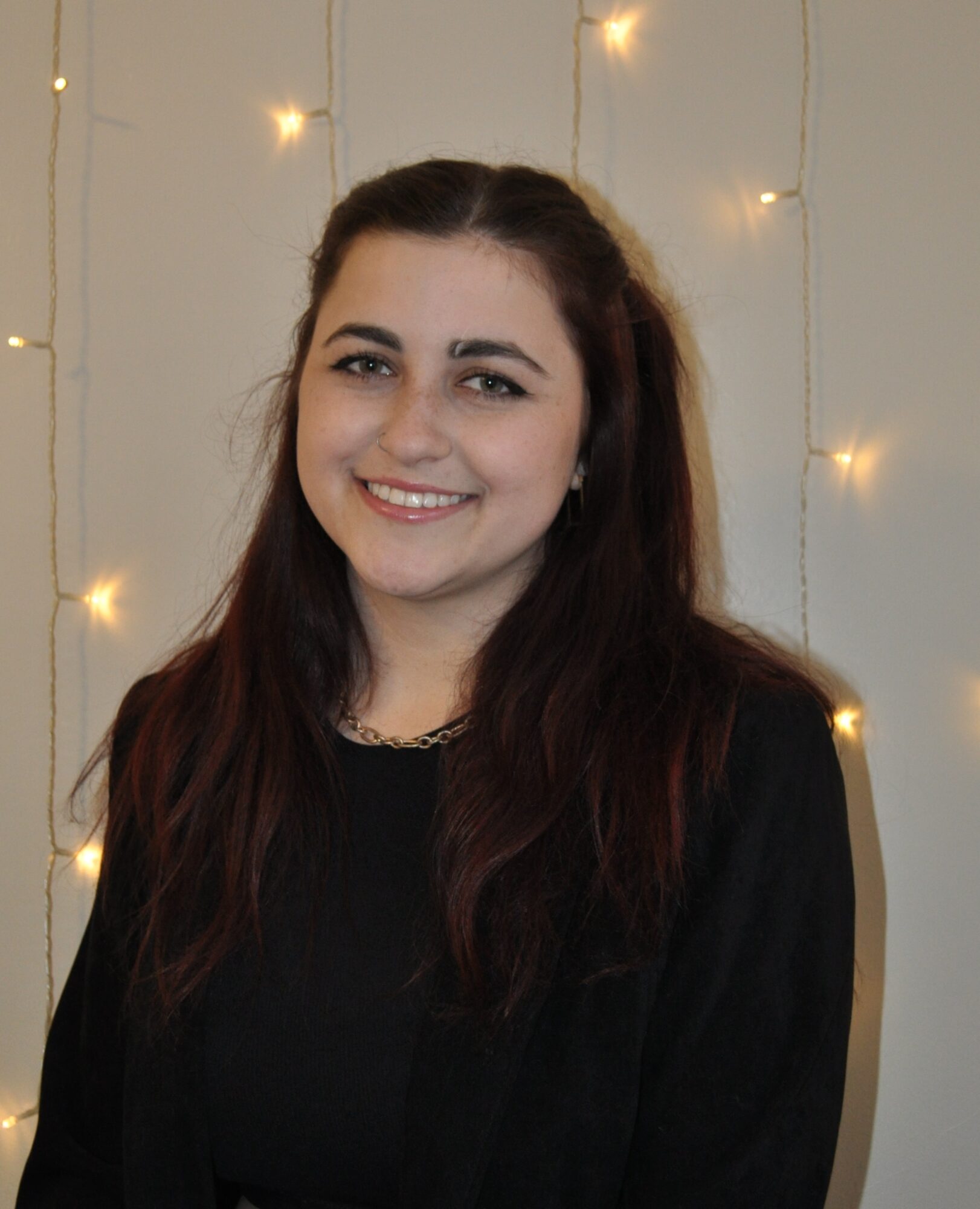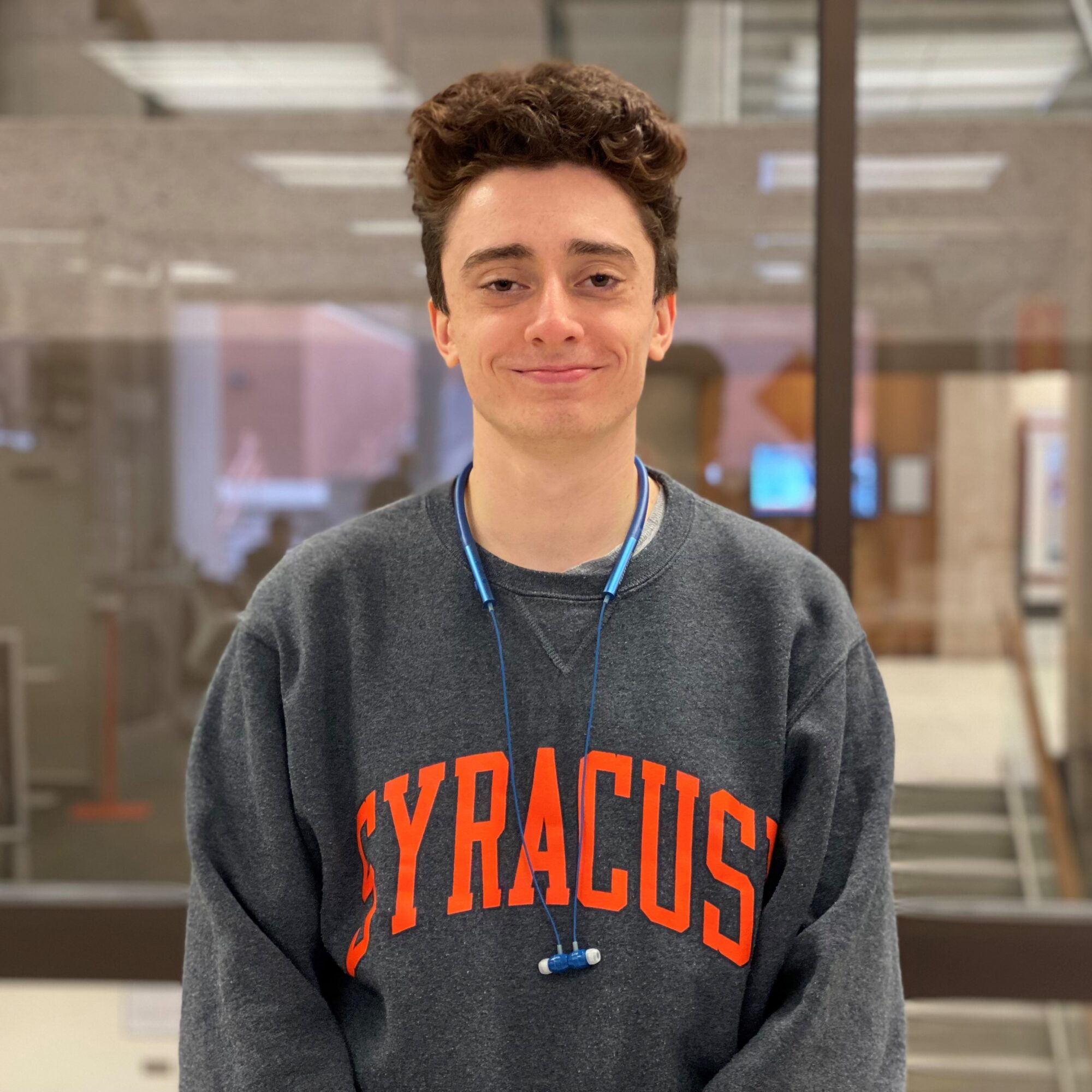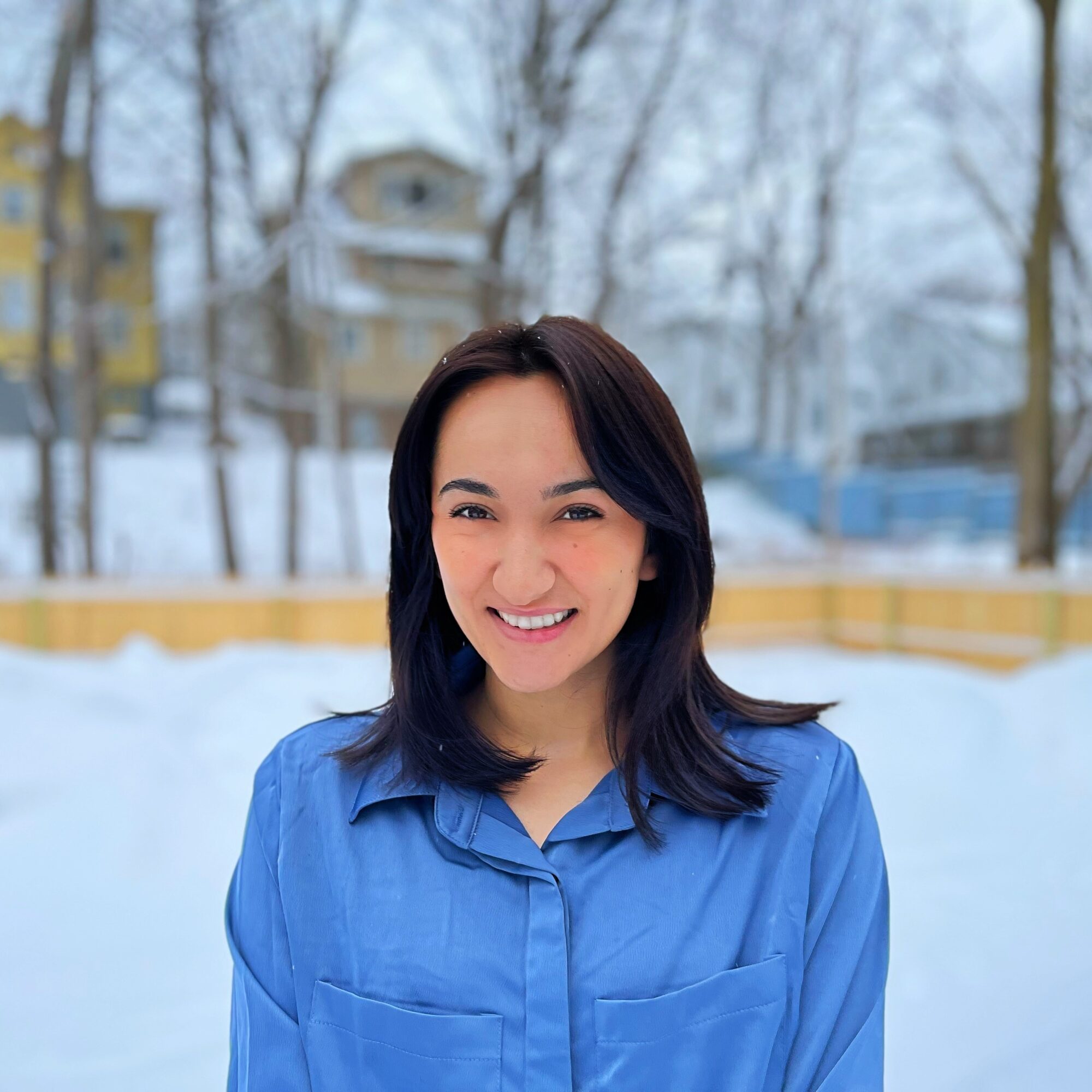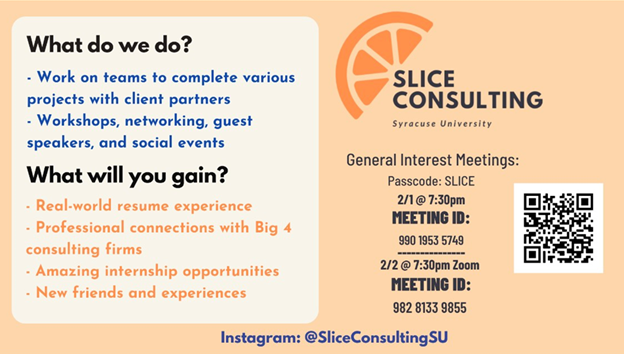
Need help understanding how to protect ideas or creative works? Confused about patents, trademarks and copyrights? Join the Innovation Law Center Office Hours this fall at Syracuse University Blackstone LaunchPad in Bird Library.
The Innovation Law Center at SU’s College of Law is partnering with the LaunchPad to host office hours for innovators and inventors interested in commercializing their ideas. Meet with student law student experts (SRA’s) to provide information on intellectual property, regulatory compliance, and commercialization research resources. Ask questions on anything related to the technical, legal, and business aspects involved in bringing new technologies to market.
Office hours this fall semester in-person on these days, hosted by the ILC team:
- Thursday, September 28 from 2:00 – 4:00 p.m. with Anna Melo
- Friday, October 6 from 1:00 – 3:00 p.m. with Shriya Ghosh
- Wednesday, October 11 from 1:00 – 4:00 p.m. with Michael Ortizo
- Thursday, October 19 from 2:00 – 4:00 p.m. with Patrick Mullery
- Thursday, October 26 from 2:00 – 4:00 p.m. with Matthew Patrizio
- Friday, November 3 from 2:00 – 4:00 p.m. with Emily D’Agostino
- Thursday, November 9 from 2:00 – 4:00 p.m. with Kalen Sullivan
While the SU Innovation Law Center does not file for or prosecute patents, and does not provide legal advice or opinions, the LaunchPad and the ILC can help refer inventors and entrepreneurs to IP law firms to implement patent, trademark, copyright filings, licensing agreements and other legal work.
Ask questions — don’t let confusion or uncertainty about the legal aspects of startups stop you from pursuing your idea.
If you’d like to schedule a particular time or private conversation during a scheduled session, please e-mail us at LaunchPad@syr.edu
